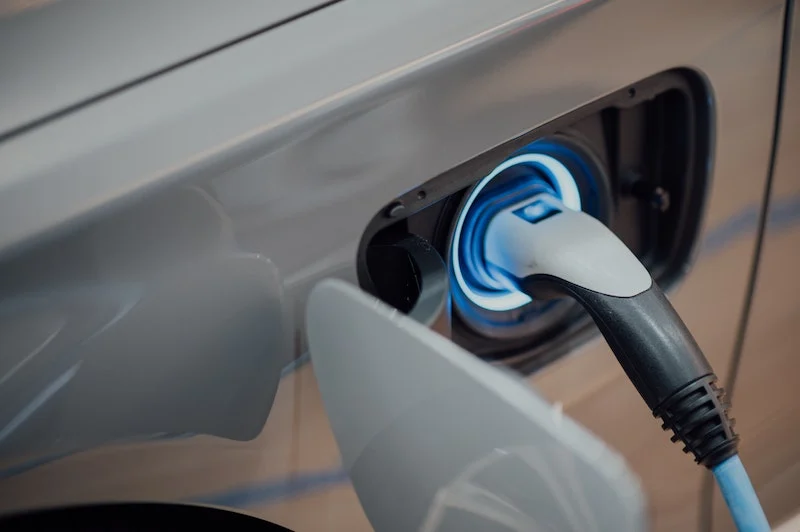
The switch to electric vehicles (EVs) is gathering pace. With cities such as Bristol considering banning diesel, and with long-existing congestion charge zones being extended, more and more people are choosing to embrace more sustainable options. However, running out of battery power is slightly different to running out of petrol! Here’s what you need to know.
What Is An EV Charging Station?
Currently, EV charging stations are areas where a vehicle can be manually plugged in to either a home, a commercial property, or a stand-alone charging unit. Most EV vehicle owners will have a charging station at home. However, increasingly, charging stations are also available in car-parks, supermarkets, and motorway service stations.
How Many Types Of EV Charging Station Are There?
There are three main types of EV charging station: level one, level two, and level three. Both level two and level three require professional installation. Level two EV charging stations enable a 240-volt charge, which speeds up the charging process compared to using a standard level one plug. Level three charging stations are installed in industrial and commercial locations. These advanced set-ups can power a battery rapidly.
How Long Does It Take To Charge An EV?
If the charge is a level two 240 volts, the average charge length is between eight and ten hours. Just as with a mobile phone or laptop, most people will not need to fully charge their vehicles as they will not run them down to empty. Rather, the process tends to be one of topping up. When an EV is charged at a level three station, it takes around 30 minutes to achieve a battery volume of 80%.
How Long Is The Charge Likely To Last?
The length of time an average EV charge lasts depends on several things. As with petrol vehicles, efficiency depends on the speed, distance, and style of driving. However, as a general rule EVs travel for around 100 miles before they require a re-charge. The notable exception is the Tesla Model S. Designed to accommodate longer commutes, the Model S offers an ample 250 miles per charge.
How Much Hassle Is Involved In Installation?
Level two charging points are minimally disruptive. It is important that they are installed by professionals, as there are some nuances to the process that can result in property damage and safety risks if not fully understood. Level three EV charging stations are a significantly more involved process, and require considered planning and design.
Next Steps
As the shift towards electric vehicles gathers pace, there is an increasing desire for high-quality, practical recharging stations. If you are currently exploring your possibilities, please get in touch for a free, no obligation chat with one of our EV specialists today.
Photo by CHUTTERSNAP on Unsplash



